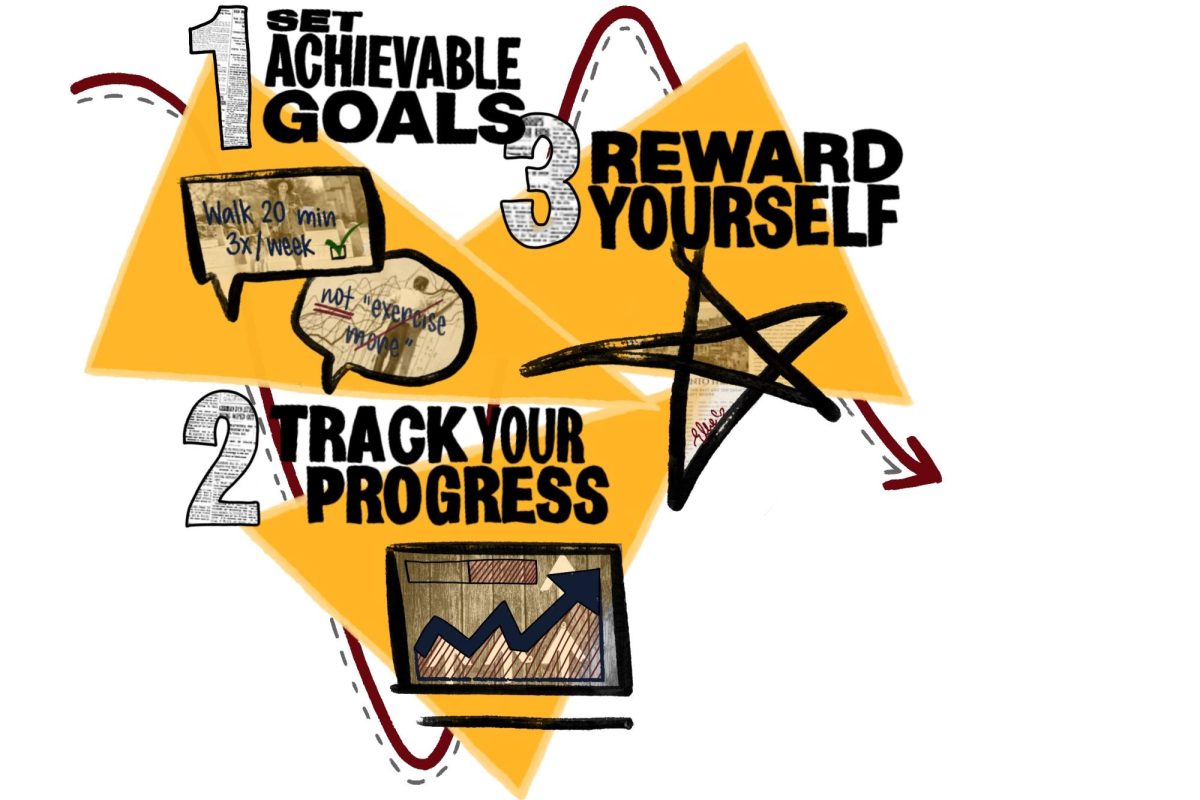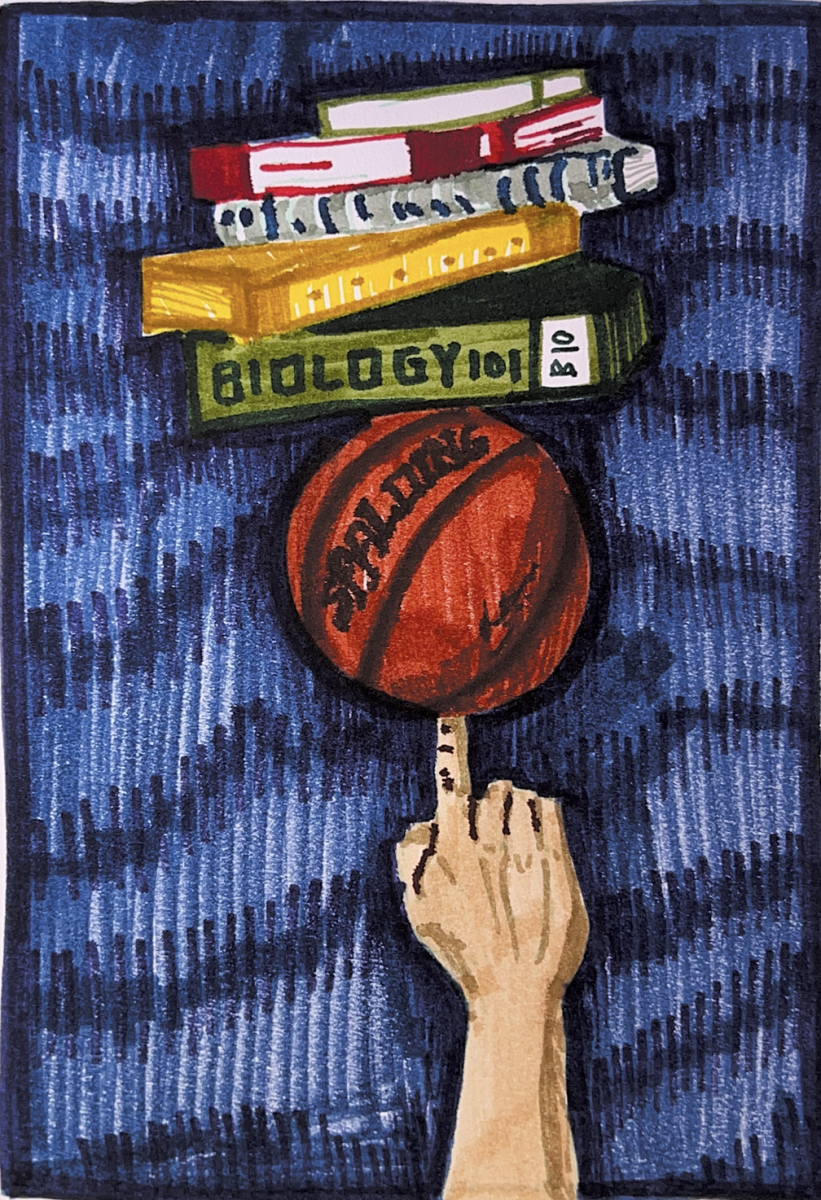Success has never come easily for women. Every step of the way, they have had to navigate tough choices and overcome hurdles in places that were never designed with them in mind. Too often, when a woman achieves something significant, be it an award, a leadership position or a groundbreaking accomplishment, the spotlight shines on the achievement itself, overshadowing the challenges she had to conquer to get there.
Women’s History Month is often centered on celebrating titles and achievements, but that’s only part of the story. While it’s important to honor pioneers and their “firsts,” we also need to recognize the struggles that shape women’s journeys, both for those who make history and those who don’t. The perseverance, self-doubt and everyday battles women face are just as crucial as their successes.
This struggle often begins early. Studies from the American Psychological Association show that by age six, many girls already believe brilliance is something boys possess more of. As they grow, this belief lingers, steering them away from fields where women remain underrepresented, like computer science and engineering.
Even when women manage to push through these doubts and find their confidence, the obstacles don’t just vanish. A study by the Pew Research Center found that nearly half of working women feel they have to work harder than men to prove their worth. And even those who keep pushing forward often find themselves up against systems that were never designed for them in the first place.
This struggle isn’t anything new. Women who break barriers, whether or not they make the headlines, have been fighting for their place for a long time.
Shirley Chisholm knew this all too well.
Born from immigrant parents, Chisholm at first hesitated to pursue a career in politics. Though her professors encouraged her, recognizing her intelligence, she replied by noting she faced a “double handicap”—being a Black woman in American society. Eventually, she began building her career, joining local chapters of the League of Women Voters, the National Association for the Advancement of Colored People (NAACP), the Urban League, and the Democratic Party club in Bedford-Stuyvesant, Brooklyn.
When she ran for the Democratic presidential nomination in 1972, many dismissed her as just a symbolic candidate; in fact, she was blocked from participating in televised primary debates, and after she took legal action, was permitted to make just one speech.
Chisholm did not secure the nomination, garnering a paltry 10% of the delegates’ votes. She will never be known as the first Black woman to secure a major party nomination, but her loss did not hinder her from shaping the world—from persisting and letting her past struggles fuel her future pursuits.
She emerged more determined than ever.
In 1977, she became the first Black woman and second woman ever to serve on the House Rules Committee; she co-founded the Congressional Black Caucus and the National Black Women’s Political Caucus, ensuring her fight for representation didn’t end with her own ambitions.
Chisholm’s name—despite her loss—is remembered, but countless women face similar struggles without recognition. A 2023 report from the National Women’s Law Center shows that women in male-dominated fields often feel isolated, lack mentors and face constant pressure to prove themselves. Their names may never appear in history books, but their resilience is just as significant.
The rejections, the moments of self-doubt and the times quitting seemed like the only option- those are just as much a part of the story.
We celebrate success, but we cannot overlook the struggle it takes to get there. Women today, fighting to be taken seriously in their ambitions, shouldn’t feel like they have to live up to a parade of unstoppable pioneers who never stumbled.
Thus, when we celebrate, we should not celebrate achievements, but the journeys women have faced in pursuing them; let us not only remember the “firsts,” but also the unique challenges and small successes of the everyday woman.


























